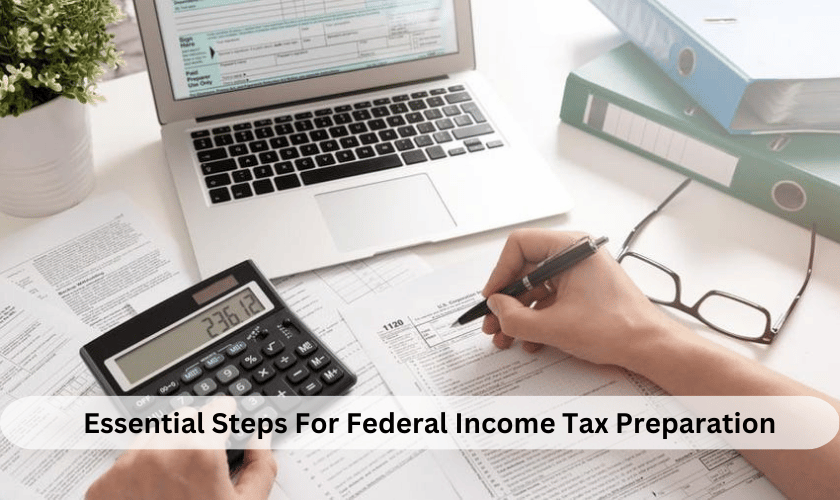What Is The Most Essential Estate Planning Documents?

What Is The Most Essential Estate Planning Documents?
Estate Planning is an important process that helps you plan for the future and protect your assets. In order to make sure your assets are handled properly, it’s essential to have key documents in place. Having these documents will not only provide direction and peace of mind, but they can also save money, minimize taxes, and prevent family disputes. So what estate planning documents should you have in place?
Estate Planning is an important process for individuals and families to ensure that their assets are properly handled after they pass away. It’s important to take the time to develop a comprehensive estate plan, which includes having key estate planning documents in place. These documents provide direction on how your estate will be managed, help prevent family disputes, reduce taxes, and save money. Knowing what estate planning documents are needed can help make sure your estate is taken care of according to your wishes.
The Most Essential Estate Planning Documents
There are many estate planning documents you might need depending on your specific situation, but there are a few that everyone should have in place. Here is a list of estate planning documents that are essential for everyone:
Will or Living Trust:
The most important estate planning document you need is either a will or living trust. This document outlines your wishes for how your estate will be distributed after you pass away. It also appoints guardians for minor children, designates an executor to handle the estate, and names beneficiaries of any life insurance policies or retirement accounts.
Power of Attorney:
A power of attorney allows you to designate someone to handle financial and legal matters on your behalf if you become incapacitated and cannot make decisions yourself. You can name multiple people as Power of Attorney and they can act individually or jointly depending on the type of power granted.
Advance Health Care Directive:
This document outlines your wishes regarding medical care in the event you are unable to make decisions yourself. It appoints someone to make health care decisions on your behalf, and it also allows you to specify what type of treatment you would or wouldn’t want if you become seriously ill.
Will or Living Trust
• Appoints executor
• Outlines estate distribution
• Naming guardians for minor children
Power of Attorney
• Designate individuals to handle financial and legal matters
• Can act individually or jointly depending on power granted
Advanced Health Care Directive
• Outline wishes regarding medical care in the event of incapacity
• Appoint someone to make health care decisions on your behalf
• Specify desired medical treatment in the event of serious illness
3 FAQs:
Q: What estate planning documents should I have in place?
A: The estate planning documents that everyone should have in place are a will or living trust, power of attorney, and an advance health care directive.
Q: How do I know if my estate plan is comprehensive?
A: It’s best to meet with an estate planning attorney who can help you develop a comprehensive estate plan tailored to your specific needs.
Q: What happens if I don’t have estate planning documents in place?
A: If you don’t have estate planning documents in place, the state will decide how your estate is distributed after you pass away. This could lead to family disputes and increase taxes, so it’s important to have these documents in place to ensure your wishes are followed.
Conclusion
Having key estate planning documents in place is essential to making sure that your estate is taken care of according to your wishes. By having a will or living trust, power of attorney, and an advance health care directive in place, you can rest assured knowing that everything will be handled properly after you pass away. It’s important to take the time to meet with an estate planning attorney so they can help you develop a comprehensive estate plan tailored to your specific needs.




